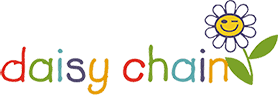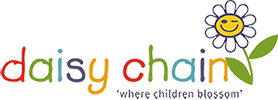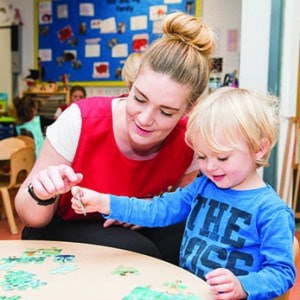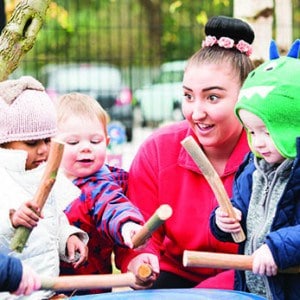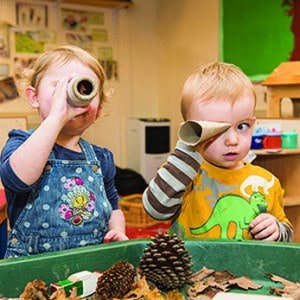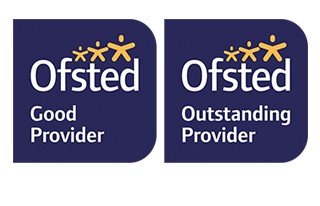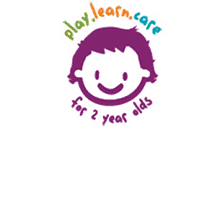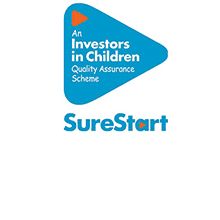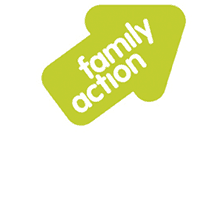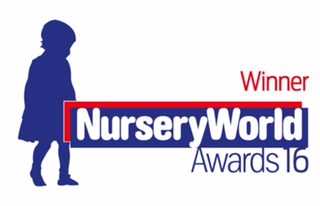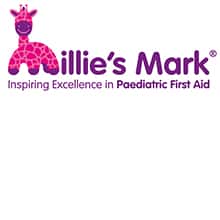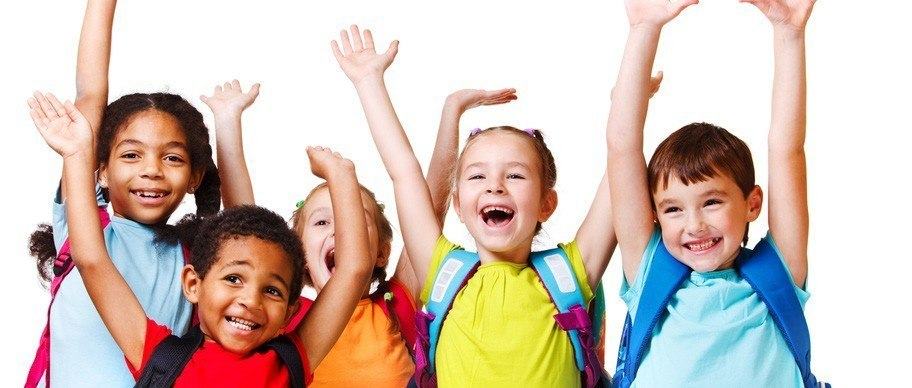
02 Apr Our Guide: Helping your child get ready for school
The transition from nursery to primary school is a big step and making sure that your child is ready for a school environment is very important to us here at Daisy Chain. Ahead of the transition we begin preparation to make sure our ‘Elves’ children have a good routine and the confidence to thrive in a learning environment. The Elves room layout is that of a pre-school and our trained staff encourage independence and self choice in daily activities.
What can you do at home?
Language & literacy
Read to your child, they are beginning to understand the meaning of stories and predict what will happen next. This is a great way of improving language as well as imagination. At this age your child’s communication skills will be improving faster all the time and most children will be able to put together three- to five-word sentences. Talking about their favourite characters in books is a great way of introducing new words. The more you talk to your child, the more words they are exposed to. Children learn new words quickly at this age.
Letters and Numbers
Your child might not have the fine motor skills to write yet but they will be able to recognise letters and numbers. Encourage any writing or ‘mark making’ activity and talk about it with them. Here are a few examples of how you can encourage and promote writing at home, and language:
Promoting Independence
As children grow older they naturally want to be more and more self sufficient. Under supervision,we promote this at nursery by encouraging the pre-school children to do things by themselves such as going to the toilet, washing their hands, applying their own sun cream, serving their own food, using a knife and fork, finding their own peg and hanging up their coats. To further promote independence at home you could encourage your child to brush their hair, choose what they want to wear or get dressed by themselves.
Promoting a Sense of Responsibility
Children love to help out at this age and enjoy showing you what they can contribute, whether feeding the family pet, watering the plants or helping to tidy up. Be specific about what you want them to do (“pick up your blocks” rather than “let’s tidy up the room”) and be specific with your praise (“you put your blocks away, good job!”). Starting with a handful of small tasks develops your child’s responsibilities gradually, which will prepare them for handling multiple instructions in the classroom. Talk to them about what they are doing. Preferably use open questions: “Where are you going to put the box?” At this age give your child 10 seconds to respond. This helps them to process information and learn how to properly form a response, great preparation for school.
It’s good to praise even the smallest achievement, particularly things done for the first time for themselves, see a copy of ‘100 ways to praise your child’.
Preparation
If passing a school during drop off and collection times, stop and point out to your child what is happening. If your friends have school aged children, ask if you can go along with them at these crucial times. Ask the school if they have a booklet with photographs of their school that include the play ground, dining hall, classrooms and cloakrooms that you can share with your child to explain what happens in these places.
Do practice runs beforehand to work out timings and talk about what they could expect on their first day; playing out in the playground, where their classroom is and where they will have lunch etc. Talk about about their new teacher, the more you talk about school positively, the better equipped they’ll be and less likely to be upset. Read books about starting school together such as, My First Time: Starting School by Petty, Kopper & Pipe, At School by Jillian Powell, Guess What Happened at School Today? by Jez Alborough and Billy and the Big New School by Catherine and Laurence Anholt, to name a few. Attend transition meetings and talk to your key worker about your child’s transition to school.
The First Day
Accept that you, as well as your child, will probably be nervous. In fact, you may be more anxious than they are! Remember that your child will be watching you closely for clues about how to cope. If you’re happy, relaxed and upbeat, your child is much more likely to be the same.
